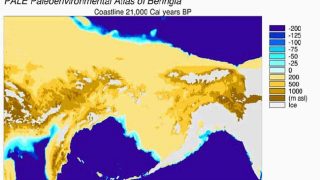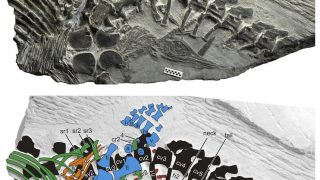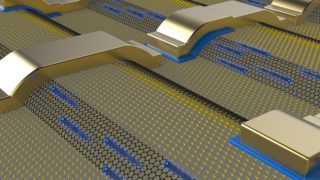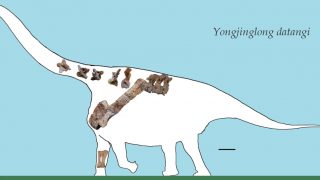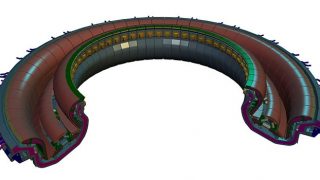
MI weekly selection #65
Humanities & Social Sciences • Science • Technology • Weekly Selection
Lone gene determines wing mimicry in butterflies One gene can determine the wing patterns of female swallowtail butterflies, making them resemble a different, and toxic, butterfly species, according to a study published in Nature. The finding adds to the debate over mimicry and how it helps put off would-be predators. A team of evolutionary biologists […]

